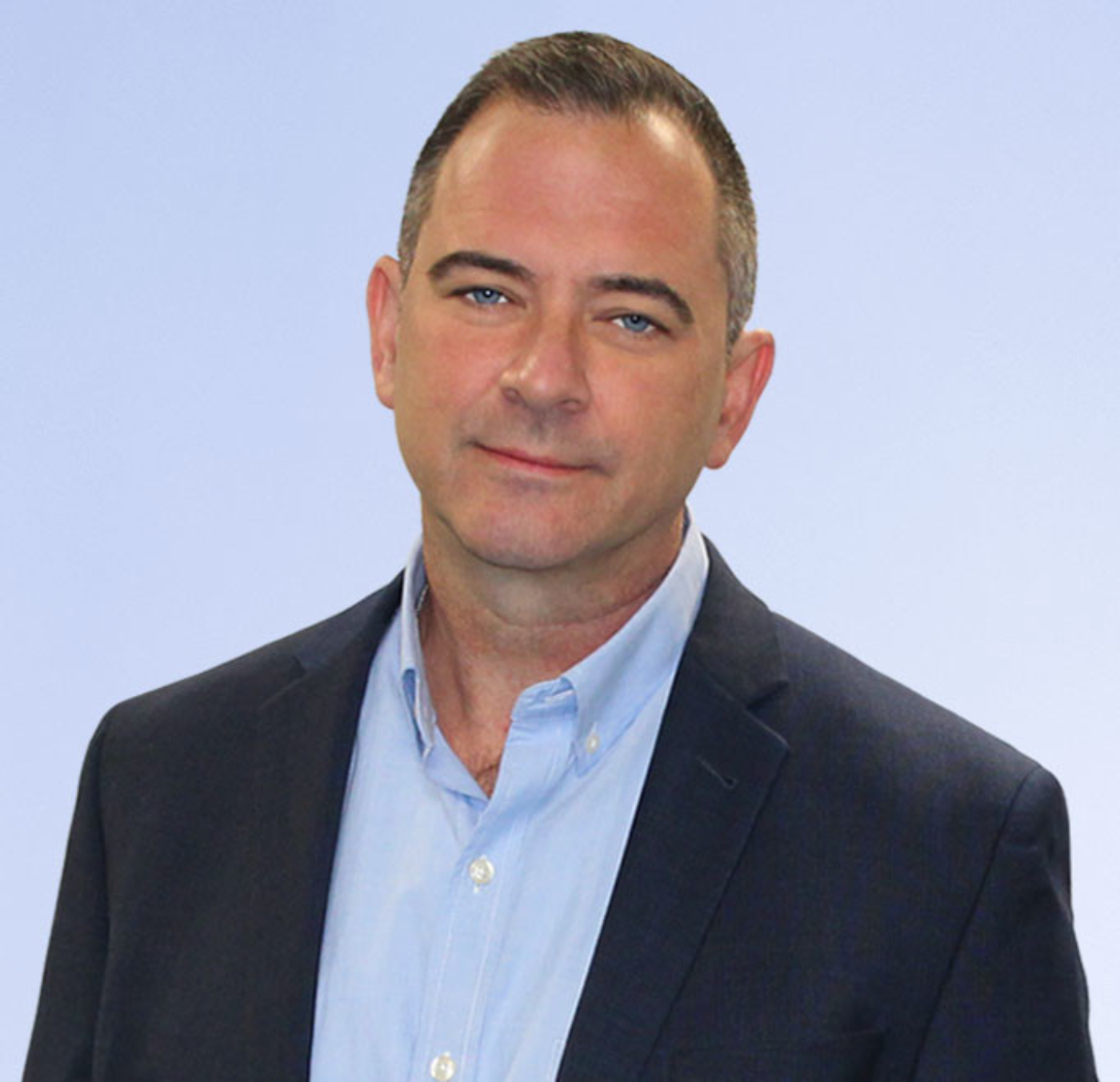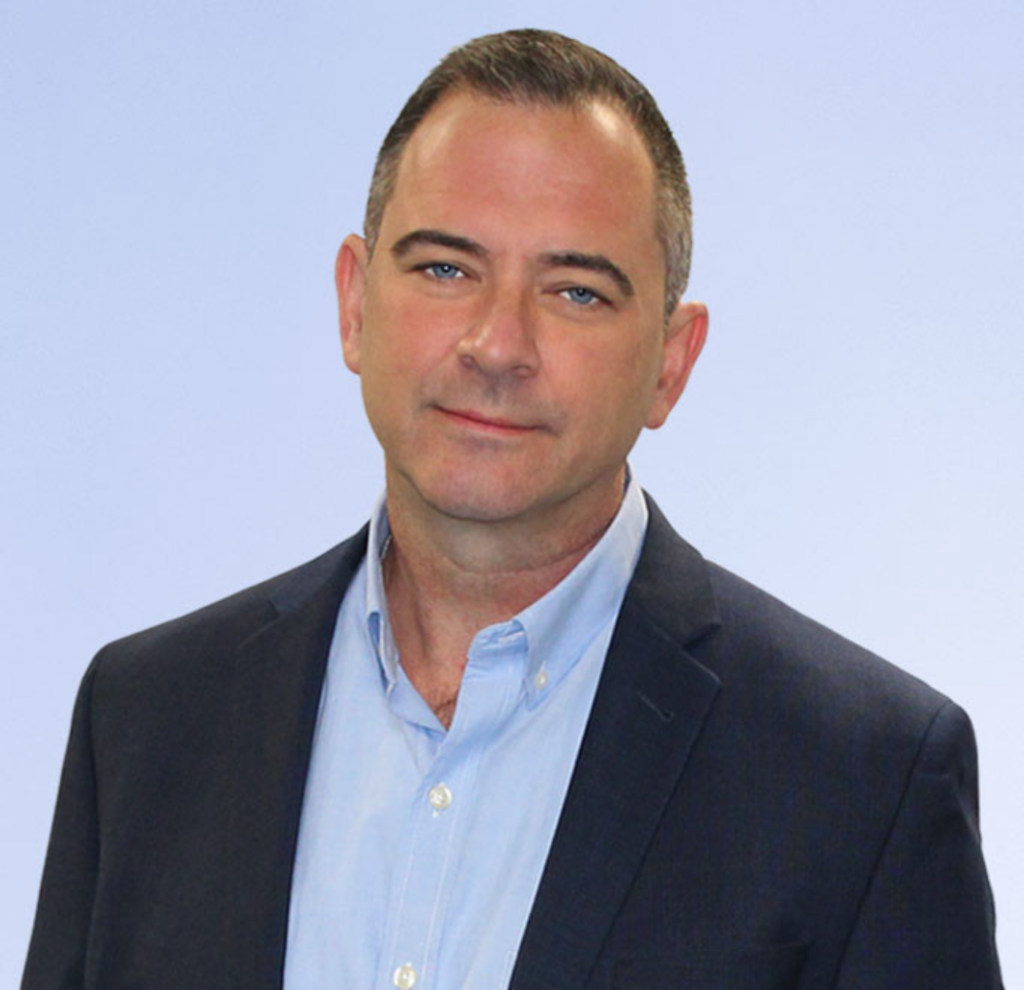
The nursing profession is facing an unprecedented crisis, with burnout reaching critical levels due to a severe shortage of nurses. In 2023, the United States saw a shortfall of about 1.1 million nurses. This dire situation has created a twofold challenge: the pressing need to recruit new nurses while simultaneously ensuring the intake of top talent to bridge workforce gaps and uphold high standards of patient care and safety.
Nurses are increasingly advocating for more manageable nurse-to-patient ratios as understaffing continues to strain hospital systems. For example, the Kaiser Permanente strike highlighted the grave consequences of insufficient staffing, emphasizing the necessity for more nurses to handle patient loads effectively. This shortage exerts immense pressure on healthcare facilities to expedite recruitment, potentially leading to rushed hiring decisions and the risk of overlooking critical background checks.
Negligent hiring in healthcare has already demonstrated hazardous outcomes. Incidents like that of a nurse impersonator reveal the dangers of lapses in background checks. Moreover, several care facilities have faced fines for resident abuse and insufficient background checks. These events underscore the imperative for stringent and thorough screening processes to ensure patient safety and uphold trust in healthcare services.
Screening Nurses: Securing Quality Care
Hiring competent and reliable nurses is crucial. Resumes offer initial insight, but ensuring a candidate’s skills and experience meet patient care demands requires a more thorough approach, making employee screening essential.
Comprehensive employee screening is vital to balance the urgency of hiring with the need to maintain optimal patient care and safety standards. Modern screening solutions offer rapid, accurate, and detailed background checks, streamlining the recruitment process without compromising the thoroughness of assessments.
A well-designed screening program will help verify new hires’ qualifications and integrity, ensuring they can uphold the standards expected in healthcare. These checks typically include verified identity, educational credentials, work history, licensure status, and criminal history. With the rising demand for nurses, the temptation to cut corners during hiring is significant, but such shortcuts can have severe consequences.
Beyond the Resume: Identifying Inaccuracies and Uncovering Issues
Studies indicate a high rate of resume embellishment, with 70% of employees admitting to lying on their resumes. This raises concerns about suitability and potential legal issues. Employee screening, conducted by accredited agencies, verifies education and employment history, mitigating these risks and ensuring only qualified candidates are considered.
Traditional screening methods often lack depth. Partnering with an advanced screening provider offers increased precision and scalability, allowing healthcare facilities to tailor the process to their needs. This ensures a comprehensive evaluation without sacrificing efficiency.
Advantages of Modern Screening Programs
Modern screening programs offer numerous benefits to help healthcare facilities manage the current nursing shortage, including:
- Speed and Efficiency: Modern screening platforms provide quick turnaround times for background checks, enabling healthcare facilities to make informed hiring decisions rapidly without compromising thoroughness.
- Accuracy and Comprehensiveness: These technologies aggregate data from multiple sources, ensuring a comprehensive overview of a candidate’s background, including criminal records, professional licensure, employment history, and education verification.
- Cost-Effectiveness: Investing in advanced screening technologies can reduce the long-term costs associated with negligent hiring, such as legal liabilities, fines, and reputational damage.
- Enhanced Safety and Care Quality: Rigorous background checks ensure that only qualified and trustworthy individuals are hired, maintaining the high standards of patient care and safety essential in healthcare settings.
The Importance of Consistent Background Screening
Despite the significant challenges posed by the nursing shortage, consistent and thorough background screening during recruitment can help hospitals and care centers maintain the safety and quality of care that patients expect and deserve. Healthcare facilities must consider comprehensive background checks non-negotiable, even amid the urgency to fill staffing gaps quickly.
Healthcare facilities must prioritize rigorous background checks as a cornerstone of their recruitment process to balance the immediate need for more nurses with the long-term necessity of maintaining high standards of patient care and safety. Modern screening programs provide a viable solution, offering fast, accurate, and comprehensive assessments that streamline onboarding without compromising the quality of background checks. Ensuring the integrity of the hiring process is crucial to building a resilient and trustworthy healthcare system capable of meeting future demands.
About RJ Frasca
RJ Frasca is Vice President of Channels & Partnerships at Shield Screening, a leading full-service employment screening company specializing in providing quality and dynamic background screening solutions to meet the demands of today’s job market. Frasca brings decades of marketing and product management experience in employee screening to his role at Shield Screening, enabling strategic foresight into emerging industry trends and positioning him as one of the most authoritative thought leaders in the industry.

